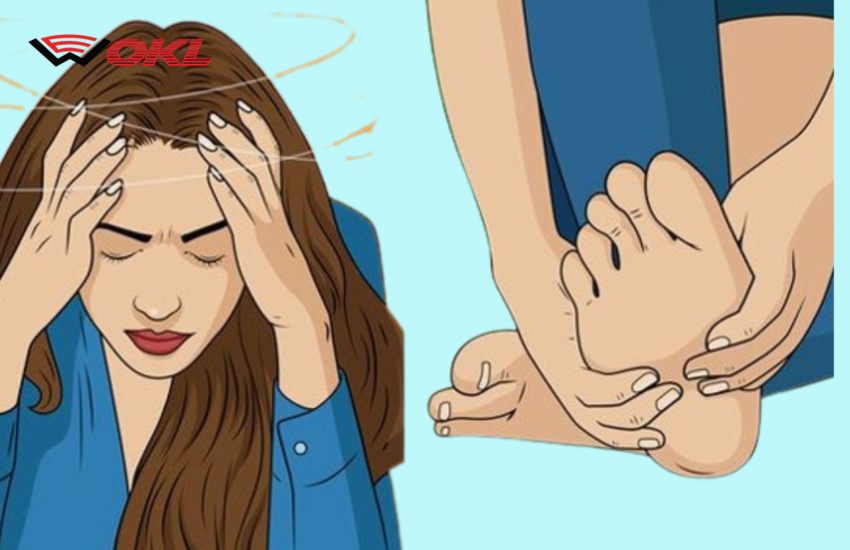Stomach Cancer A Silent Killer — Most Common Symptoms (Don’t Ignore Them)
Stomach cancer, often referred to as a silent killer, can progress without noticeable symptoms in its early stages, making it difficult to detect until it’s more advanced. Being aware of potential warning signs can be crucial for early diagnosis and effective treatment. Here are some common symptoms to watch for:
- Persistent Indigestion or Heartburn
If you experience frequent or severe indigestion or heartburn that doesn’t improve with over-the-counter remedies, it might be a sign of stomach cancer. This discomfort is often mistaken for less serious issues, but persistent symptoms should be evaluated.
- Unexplained Weight Loss
Significant weight loss without a clear cause can be a red flag. If you’re losing weight despite not changing your diet or exercise routine, it’s important to consult a healthcare professional.
- Loss of Appetite
A sudden and unexplained decrease in appetite can be a symptom of stomach cancer. If you find that you’re eating less or feeling full after only a small amount of food, seek medical advice.
- Abdominal Pain or Discomfort
Ongoing pain or discomfort in the abdomen, especially if it’s persistent or worsening, could be indicative of stomach cancer. Pay attention to any unusual or severe pain and discuss it with your doctor.
- Nausea and Vomiting
Frequent nausea and vomiting, particularly if it occurs alongside other symptoms, should not be ignored. In some cases, this could be related to stomach cancer.
- Bloody or Black Stool
The presence of blood in your stool or black, tarry stools can be a sign of bleeding in the stomach. If you notice these changes, seek medical attention promptly.
- Feeling Full Quickly
If you feel full after eating only a small amount of food, it could be a sign of a problem with your stomach. This symptom, especially when combined with others, should be discussed with a healthcare provider.
- Difficulty Swallowing
Trouble swallowing, or a feeling that food is getting stuck in your throat or chest, can sometimes be associated with stomach cancer. If this occurs regularly, it’s important to get it checked.
Don’t wait for symptoms to worsen. If you experience any of these signs persistently, it’s essential to consult a healthcare professional for a thorough evaluation. Early detection can make a significant difference in treatment outcomes.



